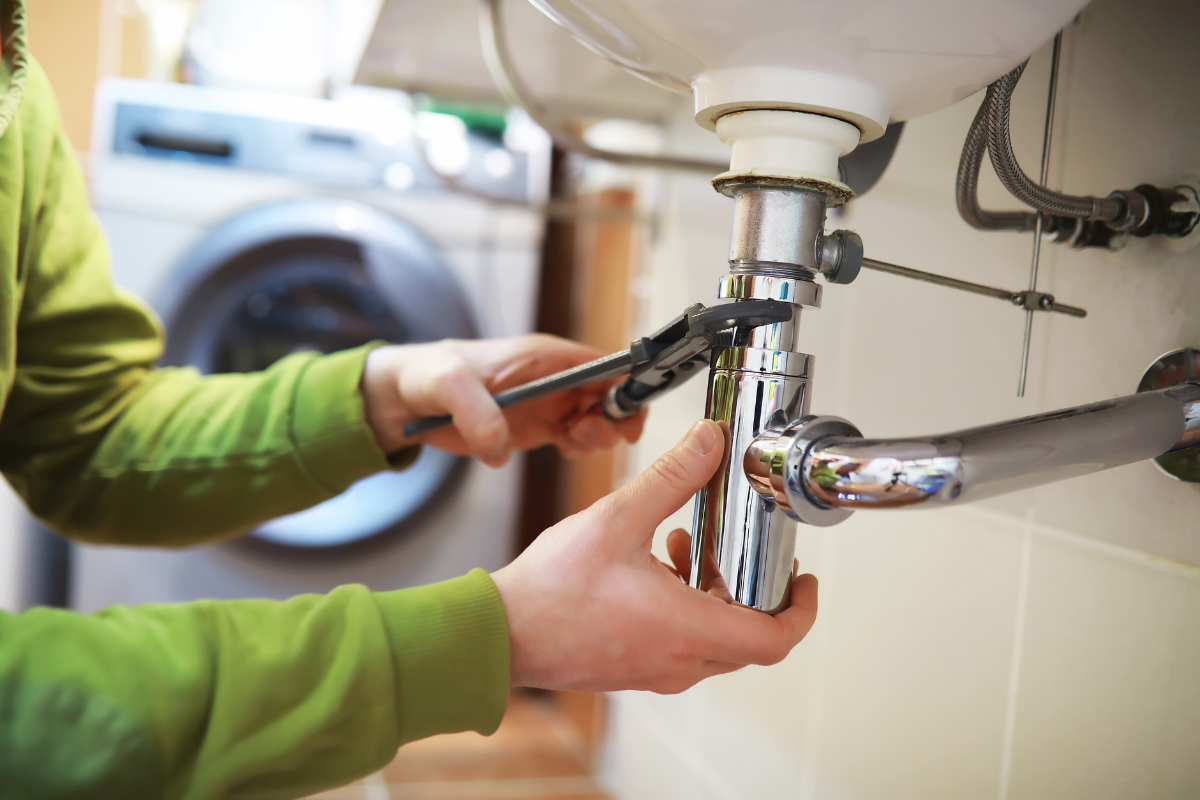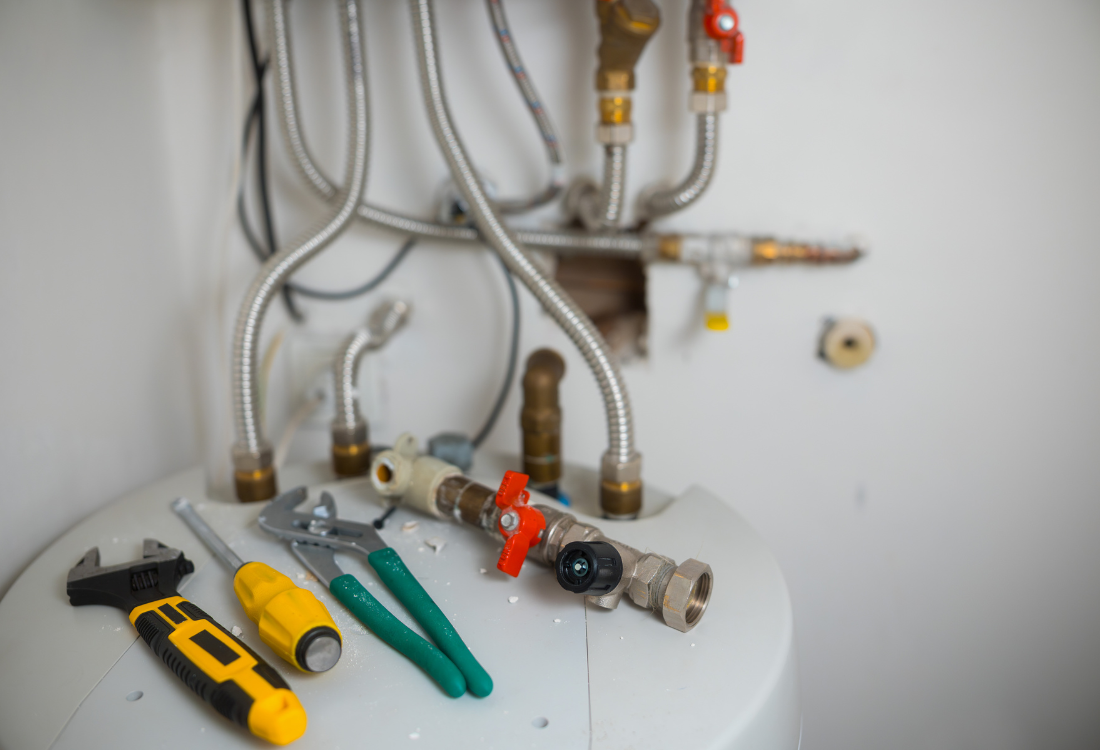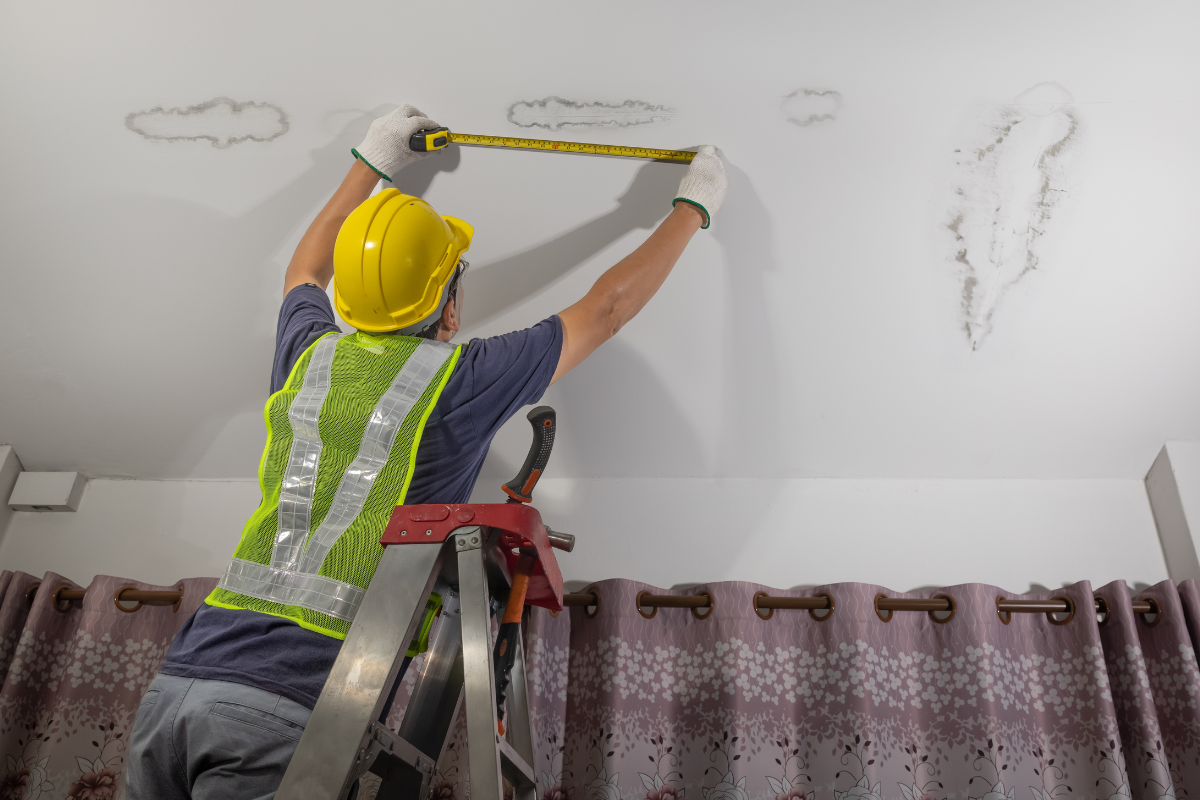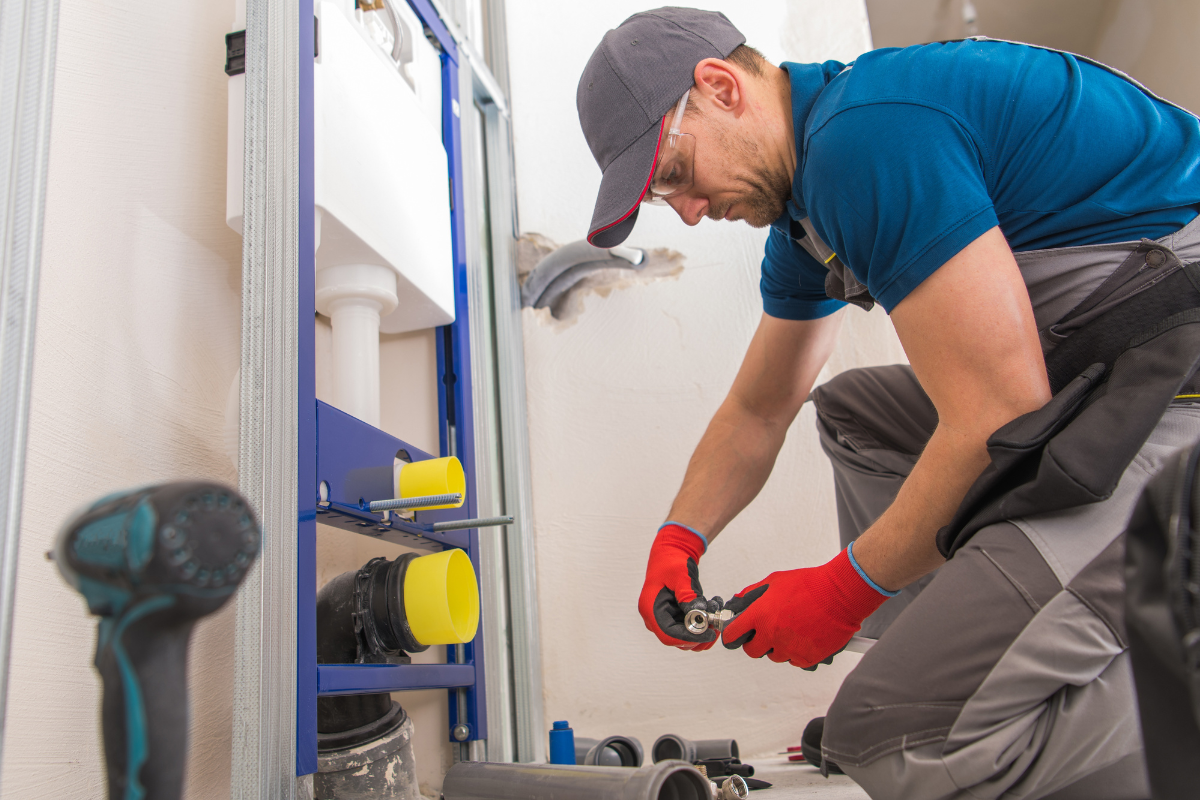
Plumbing, often out of sight and out of mind, forms the vital circulatory system of every home. In a dense urban environment like Singapore, where residential units – particularly HDB flats – are closely integrated, the health of your plumbing doesn’t just affect your own comfort and utility bills; it can impact your neighbours too. Proactive maintenance and a basic understanding of common issues can save homeowners significant hassle, expense, and potential disputes. This article delves into essential plumbing tips specifically tailored for the unique challenges and regulations faced by residents in Singapore.
Understanding Common Singaporean Plumbing Issues
Singaporean homes, while generally well-built and efficiently designed, are certainly not immune to plumbing woes. Being acutely aware of the most frequent culprits can significantly aid in identifying problems early, potentially averting more severe complications down the line:
- Clogged Drains: This is arguably the most pervasive and irritating issue homeowners face. In kitchens, the insidious culprits are often congealed grease, cooking oils, and stray food scraps, which solidify and adhere to pipe walls over time, gradually restricting flow. In bathrooms, a potent combination of hair, soap scum, and small debris are the primary offenders, leading to frustratingly sluggish drainage in sinks, showers, and floor traps.
- Leaky Taps and Pipes: That persistent, rhythmic drip isn’t merely an auditory nuisance; it’s a silent drain on your financial resources and a significant precursor to potential water damage. Worn-out washers, loose connections, or corroded pipes – particularly prevalent in older properties or those experiencing higher-than-average water pressure – are typical causes. Even a seemingly insignificant leak can paradoxically lead to substantial water wastage, contributing to escalating utility bills, and if left unattended, fostering the insidious growth of mould or even compromising structural integrity.
- Low Water Pressure: A feeble trickle from your shower or tap, when you expect a robust flow, can be incredibly frustrating. In Singapore, this vexing issue could stem from a myriad of factors, including the insidious build-up of mineral deposits (limescale) within the internal pipework, thereby restricting flow. Furthermore, issues within communal water supply systems in apartment blocks, or even a partially closed main stopcock within your own unit, can be contributing factors.
- Running Toilets: A toilet cistern that continually refills or allows water to trickle into the bowl even after flushing is another exceedingly common culprit for inflated water bills. This phenomenon is typically attributable to a faulty flapper valve that fails to create a proper seal, an imbalanced float mechanism, or a malfunctioning fill valve situated within the cistern itself. Each of these components plays a critical role in ensuring the efficient operation of your lavatory.
- Water Heater Problems: From the exasperating experience of inconsistent hot water supply to the outright shock of a cold shower, water heater issues are a familiar complaint amongst homeowners. These can encompass a range of problems, including sediment accumulation within storage heaters (which reduces efficiency), a faulty heating element, a malfunctioning thermostat, or even visible leaks emanating directly from the unit.
Essential DIY Plumbing Maintenance Tips for Singaporean Homes
While certain complex plumbing predicaments unequivocally necessitate the expertise of a professional, a surprising number of minor issues and preventative maintenance tasks can be competently handled by the vigilant homeowner, thereby saving both invaluable time and considerable expense.
- Regular Cleaning is Paramount: Proactive and routine cleaning of your drains is an absolutely paramount aspect of good plumbing hygiene. For kitchen sinks, the golden rule is to staunchly avoid pouring cooking oil and grease directly down the drain; instead, allow them to cool and solidify, then responsibly dispose of them in the rubbish bin. For both kitchen and bathroom drains, a simple, eco-friendly solution of baking soda followed by hot vinegar (allow it to effervesce and sit for approximately 30 minutes before flushing thoroughly with hot water) can effectively help to break down minor build-up and odours. Make it a routine to regularly clean showerheads and tap aerators by unscrewing them and immersing them in a solution of vinegar to dissolve stubborn mineral deposits.
- Dispose of Waste Properly: This fundamental principle cannot be overstated. Under no circumstances should you flush items such as ‘flushable’ wipes (despite their deceptive labelling, they do not break down adequately), sanitary products, cotton wool, or excessive food scraps down the toilet. These non-biodegradable items are the predominant contributors to tenacious and deeply embedded clogs within your waste pipes and the broader sewerage system.
- Be a Vigilant Leak Detective: Cultivate the habit of periodically inspecting all exposed pipework beneath sinks, around toilet bases, and behind appliances like washing machines for any subtle signs of dampness, rust discolouration, or water stains. Even a microscopic pinhole leak can, with surprising rapidity, escalate into a far more significant and damaging issue.
- Know Your Main Stopcock: In the event of a plumbing emergency, such as a sudden burst pipe or a major leak, knowing the precise location of your main stopcock (or main water valve) and understanding how to effectively turn off the primary water supply to your unit is absolutely critical for mitigating extensive water damage. Ensure every adult member of your household is fully aware of its whereabouts and operational procedure.
- Mindful Usage: Embracing simple, conscious habits, such as refraining from overtightening taps (which prematurely wears out internal washers) and exercising gentleness when depressing the flush mechanism of your toilet, can significantly extend the operational lifespan of your plumbing fixtures.
- Utilise Drain Covers: The deployment of simple yet highly effective mesh drain covers over shower and sink drains serves as an excellent first line of defence, efficiently trapping hair and larger debris before they can infiltrate your pipework and instigate troublesome blockages.
When to Call a Professional Plumber in Singapore
While the empowerment of DIY is undeniably appealing, astutely recognising when a plumbing problem transcends your capabilities is absolutely crucial for ensuring safety, achieving efficient resolution, and, crucially, maintaining compliance with local regulatory frameworks. For any complex or legally regulated plumbing works, always, without exception, engage a PUB Licensed Plumber.
- Persistent or Deep Clogs: If repeated attempts with plungers or household remedies prove futile in clearing a drain, the blockage is likely too deeply embedded or too severe, necessitating specialised equipment such as a professional plumbing snake (auger) or high-pressure hydro-jetting.
- Persistent Leaks, Particularly Hidden Ones: If you harbour suspicions of a leak concealed within walls, ceilings, or beneath flooring (often indicated by damp patches, the appearance of mould, or inexplicable surges in your water bill), a qualified professional is indispensable for accurately locating and repairing the leak without inadvertently causing further collateral damage.
- Significant Water Pressure Drop or Complete Loss of Water: This scenario almost invariably signals a more substantial underlying issue within your main water supply line or the building’s overarching water system, demanding expert diagnosis and intervention.
- Burst Pipes: This constitutes an immediate and severe emergency. Your absolute first action should be to locate and turn off your main stopcock to halt the water flow, and then immediately contact a licensed plumber to prevent extensive flooding and potential structural damage to your property.
- Water Heater Malfunctions: Due to the inherent electrical and pressurised components involved, any repairs or servicing of water heaters are unequivocally best entrusted to trained and certified professionals to mitigate serious safety hazards such as electrocution or scalding.
- Adherence to PUB and HDB Regulations: Singapore operates under stringent guidelines concerning plumbing works, meticulously designed to safeguard public health, promote water conservation, and maintain structural integrity. For instance, any work involving the installation, fixing, alteration, replacement, or removal of water pipes, discharge pipes, or toilet pans must be executed by a PUB Licensed Plumber. While minor tasks like replacing a tap or showerhead can generally be undertaken by a competent handyman, any significant alteration to your sanitary or water service system absolutely mandates the involvement of a licensed professional to ensure full compliance with regulatory standards. You can readily verify the credentials of licensed plumbers through the official channels provided by the PUB.
Specific Considerations for HDB Flats
Residing in a Housing & Development Board (HDB) flat often entails navigating plumbing systems that may be interconnected or shared, alongside specific renovation guidelines. While the internal pipework within your unit typically falls under your direct responsibility, issues such as leaks that consequently affect your neighbours can quickly escalate into complex situations requiring careful mediation and professional intervention. Always, without exception, consult and adhere to the HDB’s guidelines on Water and Sanitary Plumbing Works to ensure that any modifications, repairs, or replacements comply fully with prevailing regulations. These guidelines meticulously delineate which tasks a homeowner or handyman is permitted to undertake and which unequivocally necessitate the expertise of a PUB Licensed Plumber.
The Bottom Line
Proactive and diligent plumbing care is not merely a chore; it is an invaluable investment in the enduring longevity of your home and, crucially, in your own peace of mind. By consistently adopting sound habits, promptly addressing minor plumbing irritations, and discerning when to judiciously enlist the expertise of a PUB Licensed Plumber, Singaporean homeowners can confidently ensure their water systems operate with optimal smoothness and efficiency. Remember, a meticulously maintained plumbing system not only pre-empts costly and disruptive repairs but also makes a tangible contribution to responsible water usage – an absolutely crucial imperative in Singapore, a nation perpetually conscious of its singularly precious water resources. For comprehensive and authoritative information pertaining to water supply and plumbing regulations in Singapore, always refer to the official Public Utilities Board (PUB) website.
continue reading
Related Posts
Every household in Singapore depends on a functioning plumbing system.
When you notice peeling paint, mysterious damp patches, or even
In the fast-paced, highly urbanised environment of Singapore, the functionality



